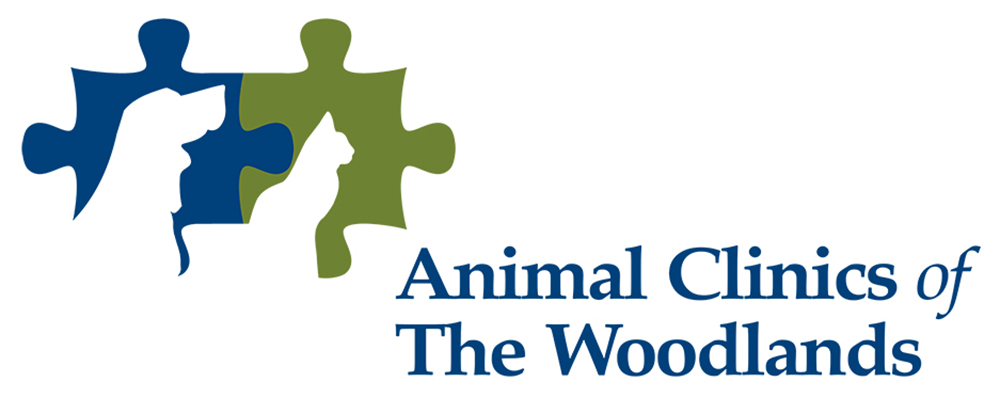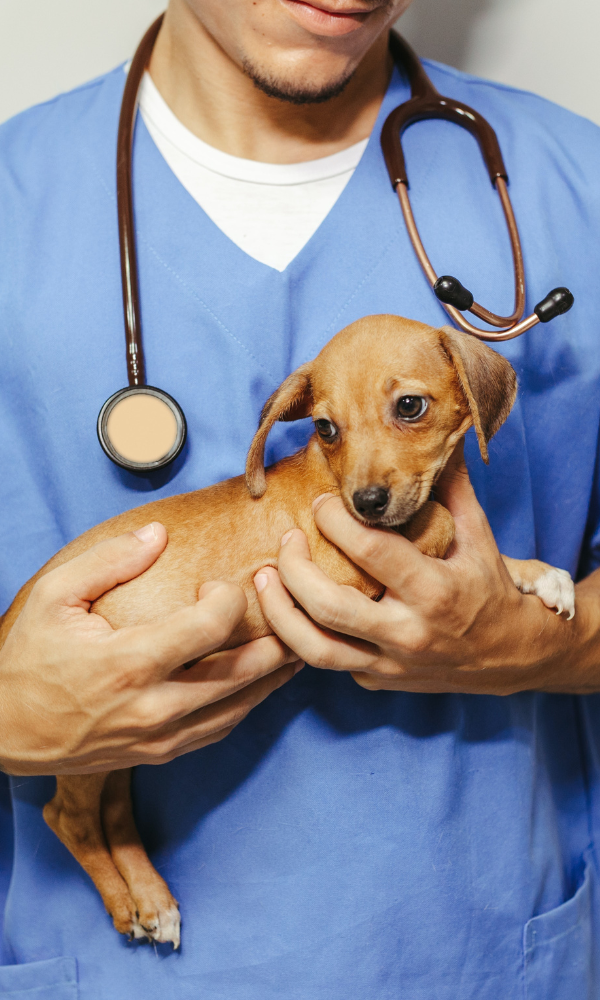Welcome To
Animal Clinics of The Woodlands
Serving the pets of The Woodlands, TX, since 1995

Our Locations
We have 3 convenient practice locations to serve you, including our state-of-the-art rehabilitation center located inside our Indian Springs location.
Woodlands, TX
About Animal Clinics Of The Woodlands
At Animal Clinics of The Woodlands, we understand that you have a choice of where to take your dog or cat to receive veterinary care. Our team of highly trained vets and veterinary technicians have years of experience and specialization in caring for your pets. We treat all of our patients as if they were our own pets and strive to provide the very best experience for both the pet and the pet owner — from check-in to check-out.
Our Veterinary Services
Complete Veterinary Care in
The Woodlands, TX
We offer a full set of veterinary services at our three animal clinics. From comprehensive exams and wellness packages to complex surgeries, veterinary rehabilitation, and more, we’re here to help your pet have a long and happy life.
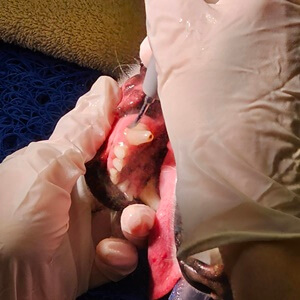
Pet Dentistry
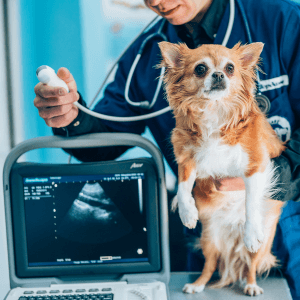
Pet Diagnostics

Puppy & Kitten Packages
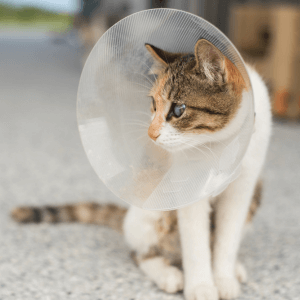
Pet Surgery
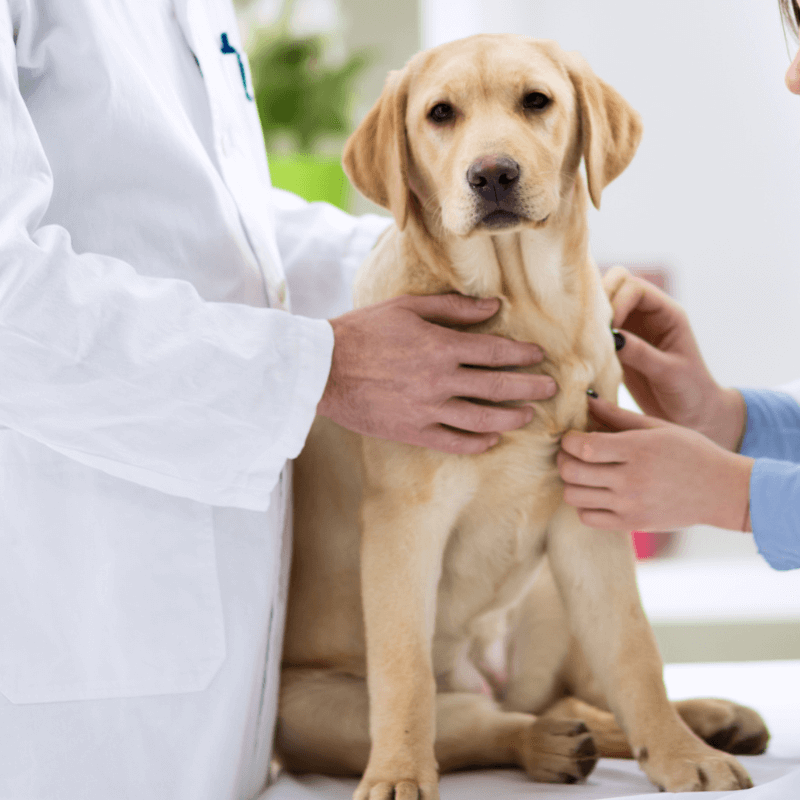
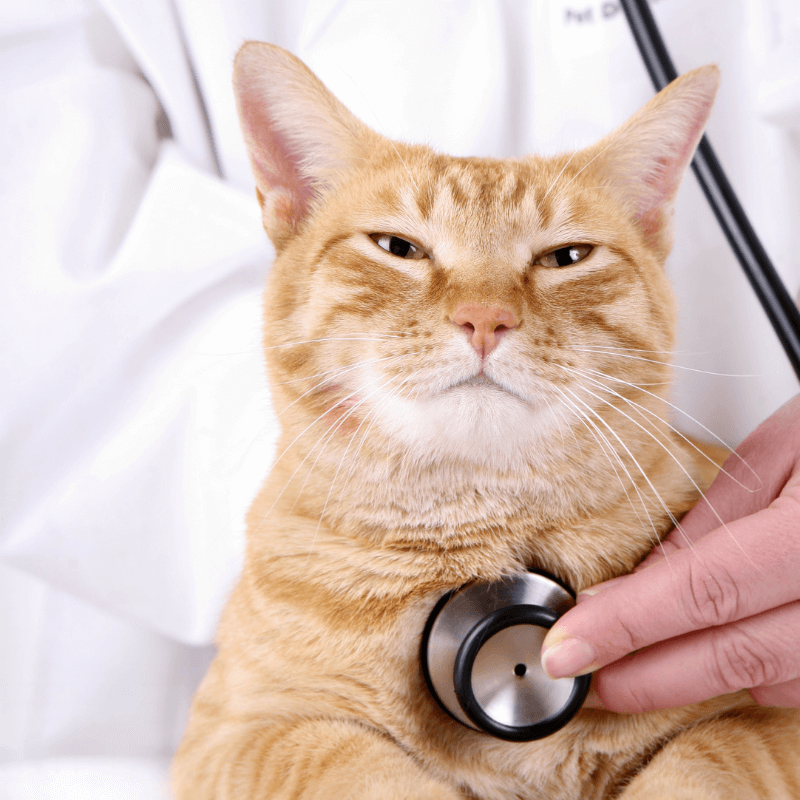
Our Veterinary Team
The Knowledge, Experience, and Passion Your Pet Deserves.
We know that your pets are family. We aim to provide excellent patient care by initiating unsurpassed customer service and elevating the Family – Pet – Veterinary Bond!
